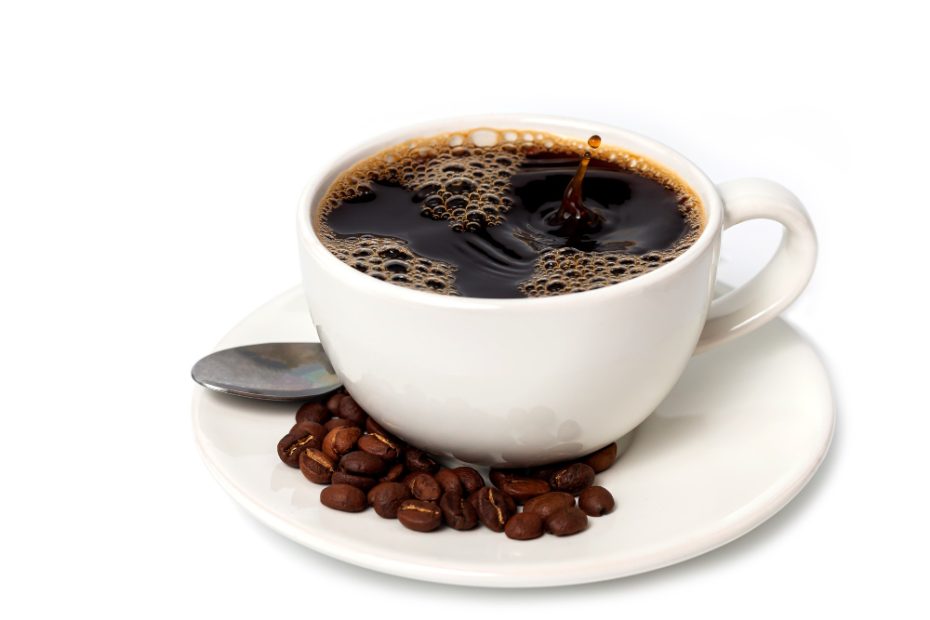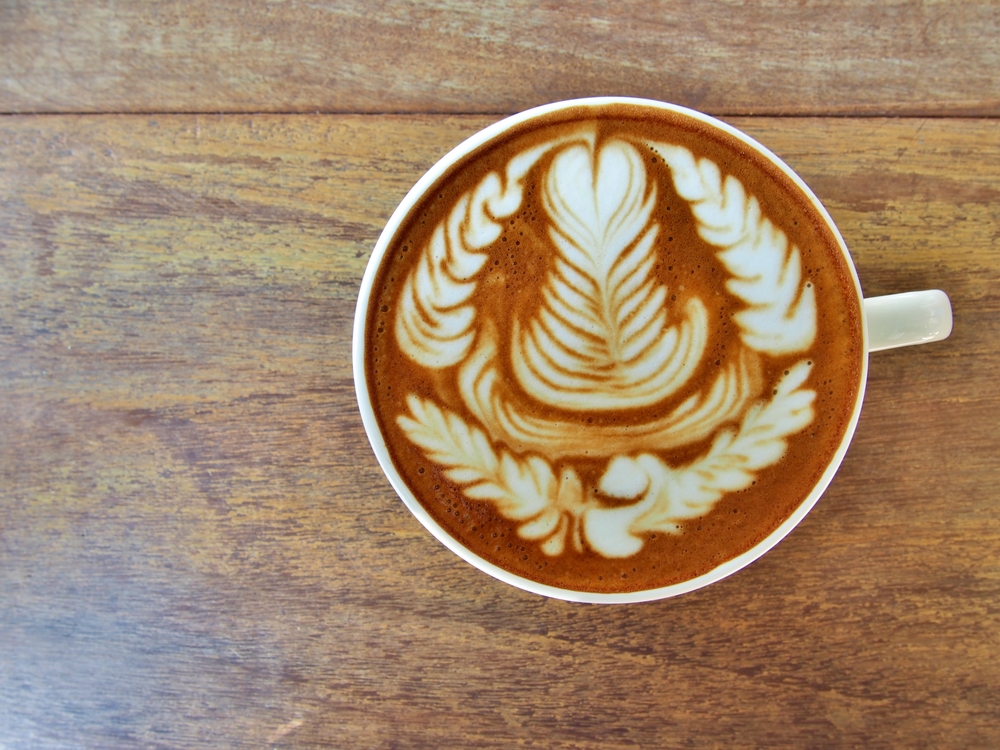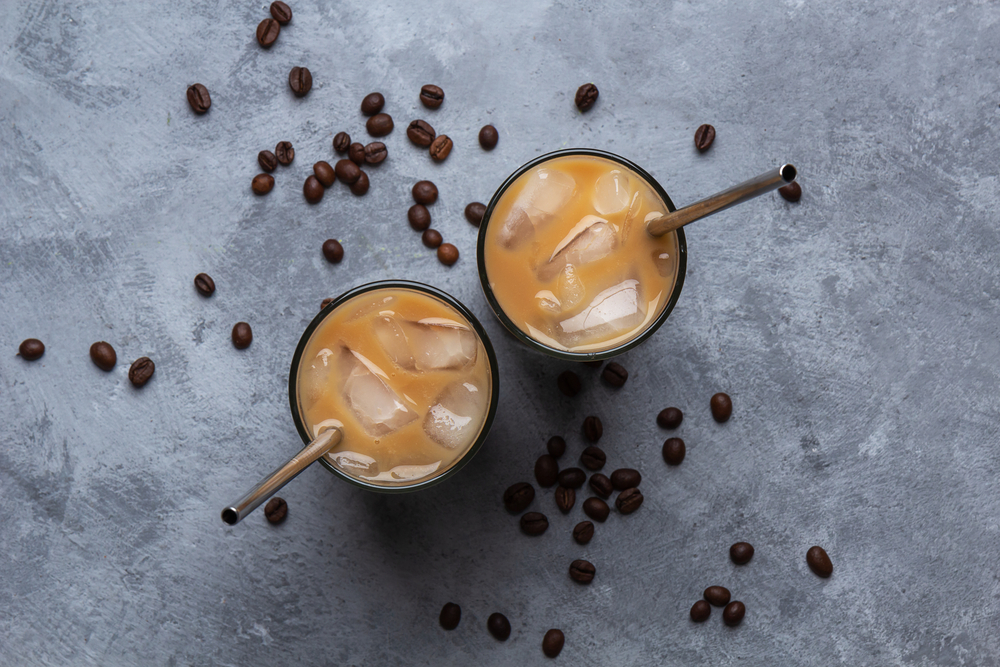Espresso, a quintessential component of the coffee culture, is celebrated for its vibrant flavors, rich aromas, and energy-boosting abilities. But how long does it take for that caffeine hit to kick in? This article explores that question, providing a deeper insight into the physiological aspects of espresso consumption.
The Espresso Effect: A Timeline
Espresso’s unique appeal lies in its concentrated form, allowing for a rapid and pronounced caffeine delivery.
Generally, you can begin to feel the effects of caffeine from an espresso shot within about 10 minutes, with peak blood levels reached within 30-60 minutes post consumption.
This rapid onset of effects results from the body’s fast absorption of caffeine in the small intestine. However, the intensity and duration can vary based on several factors.
Factors Influencing Caffeine Absorption
Individual Metabolism: Everyone metabolizes caffeine at a different rate. Some people may feel the effects within minutes, while for others, it might take longer.
Body Weight: Caffeine’s impact tends to be more significant on those with lower body weights.
Tolerance: Regular caffeine consumers may find they need more espresso or feel the effects less profoundly due to built-up tolerance.
Empty vs. Full Stomach: Consuming espresso on an empty stomach can lead to quicker caffeine absorption due to less food being present to slow down digestion.
Caffeine in the Body: Beyond the Initial Kick
While the immediate boost from an espresso shot is often sought after, it’s essential to understand what happens next in the body.
The Half-Life of Caffeine
The half-life of caffeine, which is the time it takes for the body to eliminate half the caffeine consumed, ranges from 3 to 5 hours on average. However, individual factors, such as age, liver function, and pregnancy, can affect this duration.
This means that even after the initial ‘kick,’ caffeine continues to have a physiological effect. For instance, an espresso shot consumed in the afternoon could potentially interfere with sleep quality if the individual has a longer caffeine half-life.
Caffeine: A Tool for Alertness
Espresso, like other caffeinated beverages, is often used as a tool for enhancing alertness, concentration, and physical performance.
“While espresso can provide a quick pick-me-up, it’s essential to consume it responsibly and be aware of individual caffeine sensitivities,” advises a health expert.
Responsible Espresso Consumption
Considering the rapid absorption and prolonged half-life of caffeine, here are some tips for responsible espresso consumption:
- Know your limits: Understand your tolerance and adjust your espresso consumption accordingly.
- Avoid late-day consumption: Given caffeine’s potential to interfere with sleep, avoid espresso in the late afternoon and evening if you’re sensitive to its effects.
- Consider total caffeine intake: If you consume other caffeinated beverages or foods throughout the day, consider your total caffeine intake to avoid overconsumption.
In conclusion, the time it takes for espresso to kick in can vary based on several individual and circumstantial factors. While the rapid caffeine delivery of espresso can provide a beneficial boost, understanding its effects on the body is key to enjoying this beverage responsibly and to your health’s advantage.



